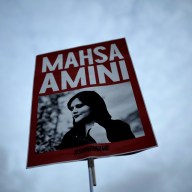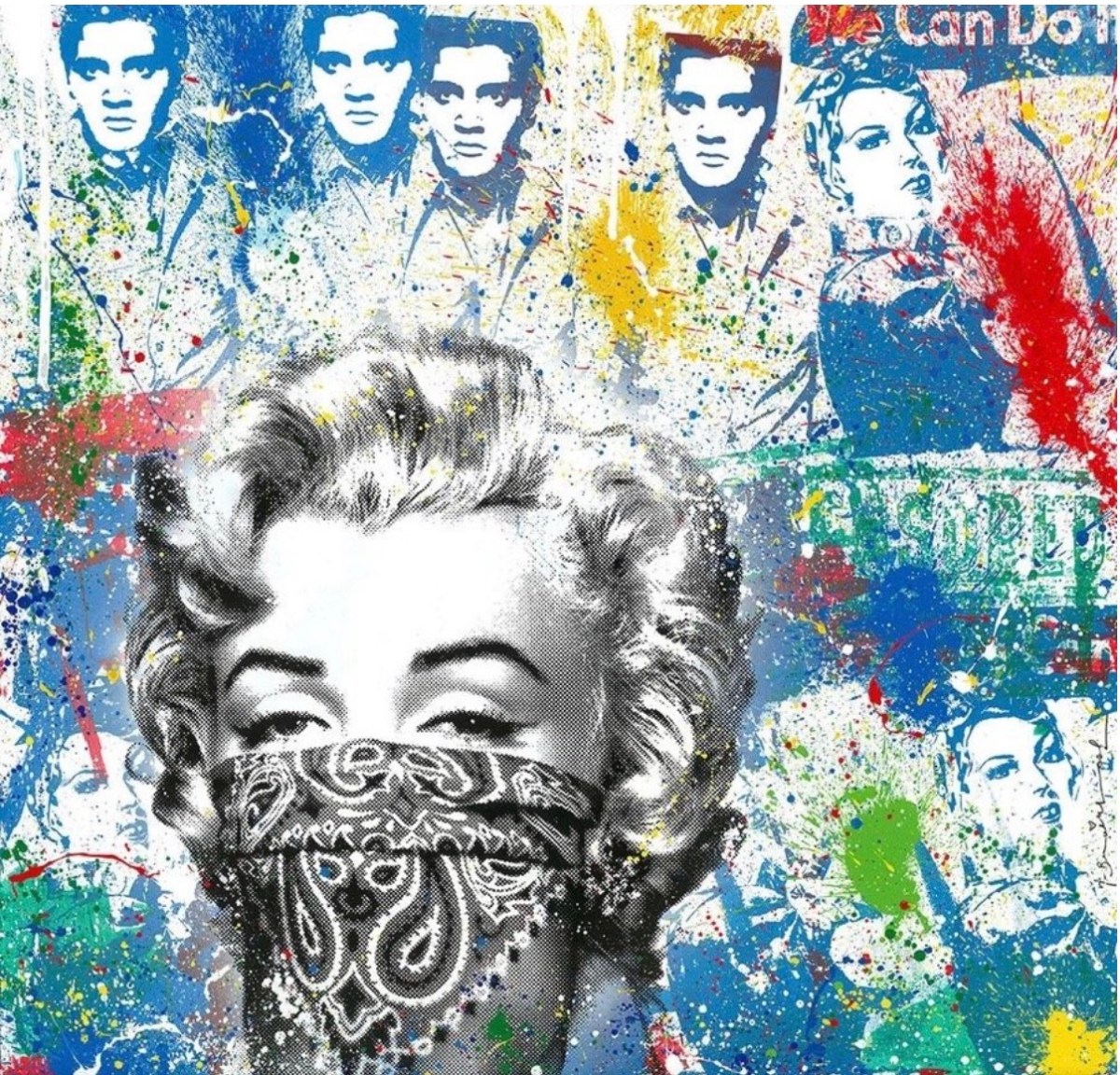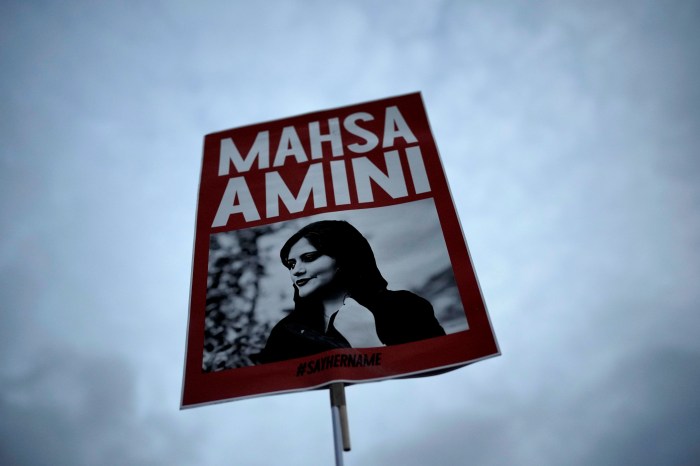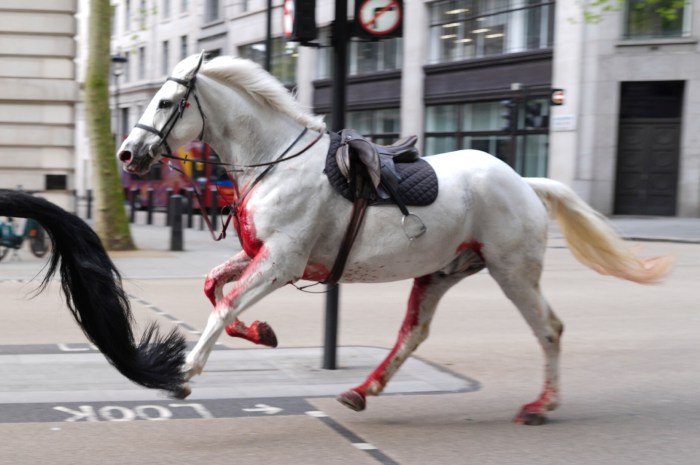Out of the billions and billions of tweets sent out in 2011, which ones captured that certain moment in time the best? Instead of sifting through all of those to find the best ones, we luckily have author Kate Bussmann, who compiled the the book “A Twitter Year: 365 Days in 140 Characters,” which distills a year of conversation, argument, revelation and revolution into a review of the year as written by the Twitter community. Bussman corresponded with us — in more than 140 characters — about the compilation.
First of all, why a book on the year in tweets?
This has been a banner year for Twitter. The numbers keep on rising — when my book went to press, we were up to 230 million tweets per day, from 65 million in June 2010. And that number is already out of date — we’re now up to 250 million. For me and millions of others, the way we consume news has dramatically changed since the birth of Twitter. We’ve become a lot more demanding, and we’ve got used to being able to control who and what we’re watching. We used to turn on CNN when a big story like the rescue of the Chilean miners was breaking. Now we’re likely to be on Twitter as well, because we want to get reaction from experts we trust or speak to our friends, and Twitter allows us to edit and create our own bespoke news channel.
When I was watching coverage of the London Riots on the national news here in the U.K., for instance, the anchors obviously weren’t able to give me detailed information about what was happening (or hopefully not happening) in my own neighborhood, but if you ran a hashtag search on Twitter, you could get that information live. That’s why there was a big spike in Twitter usage here at that time. And Twitter isn’t just about responding to the news – this year, there were several instances where it was instrumental in making it, and where it was used by people in the wake of disasters to get help. One example that I found immensely touching was after February’s devastating earthquake in Christchurch, New Zealand. A man in San Francisco sent a tweet asking if anyone was near the home of his elderly father because he couldn’t reach him by phone, and a complete stranger responded saying he was close by. A few minutes later, he tweeted to say that he’d found him safe, sitting in his car outside the house. To see that exchange makes you realize what this site is capable of, but even its founders never predicted the myriad ways it’s used today.
How did you narrow down what to put in the book? How did they stand out from the rest? And how to did you uncover them?
It’s been an incredibly eventful year: The Royal Wedding, the Arab Spring, the News Corp. scandal, the rescue of the Chilean Miners, the capture of Osama bin Laden, the attacks in Norway, the Japanese earthquake and nuclear disaster, the death of Amy Winehouse, Schwarzenegger’s secret son. … So I really had a wealth of material to choose from. When it came to picking tweets about news events, my main priority was to find people who were firsthand witnesses to the events they were describing; so with the Egyptian revolution, for instance, I looked for people who were in Tahrir Square on Feb. 11, the day that Mubarak fell.
Because I was trying to tell as much of the stories of each event through tweets rather than giving lots of background in my own voice, I looked for descriptive tweets that shone with the tweeter’s personality, opinion, emotion or sense of humor. My aim was to make it a thought-provoking read that would make you laugh and give you a visceral sense of what it was like to be there. As for how … there are a couple of search engines that were really helpful, but I mainly spent a lot of time on Google. My back is still suffering the side effects.
Do you find Twitter to be a major help in your life or a major distraction?
Both! I’m actually trying to scale back a bit, particularly when I’m not at my desk. Beyond the news, I find it useful in small ways: Lately I’ve used it to get recommendations of great podcasts, to find a case study for a feature I was writing or just to have a little human interaction in the middle of the day when I’m home by myself.
Can you supply five people you think our readers should be following on Twitter and why?
For no-punches-pulled celebrity fashion commentary, especially during awards season, follow The Fug Girls (@fuggirls). For lightening-fast news, follow Reuters’ Anthony de Rosa (@antderosa). Neil Patrick Harris (@actuallynph) and Ellen Barkin (@ellenbarkin) are the polar opposite of the usual bland celebrity Twitter feeds, and not for the faint-hearted. Steve Martin (@stevemartintogo) is also hilarious on Twitter, and [he] is actually currently compiling his own book of tweets.



















